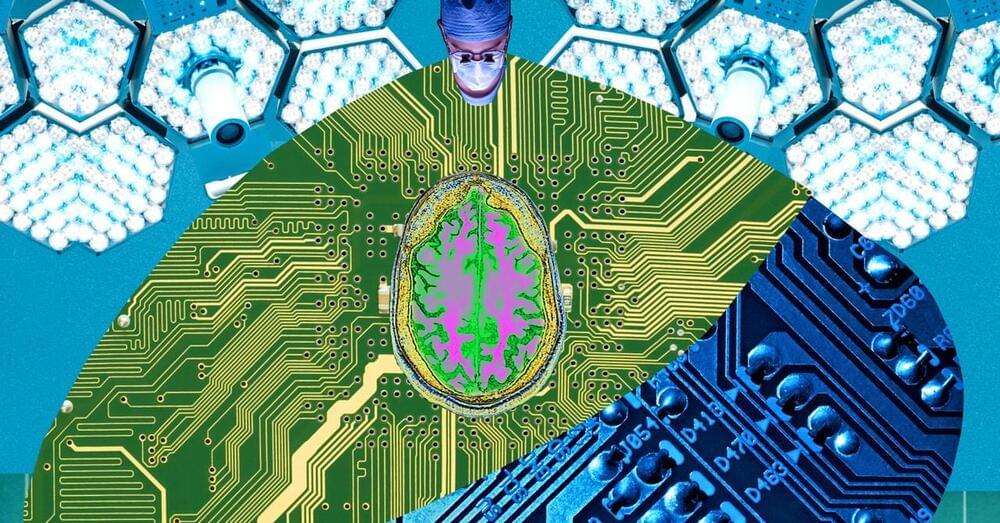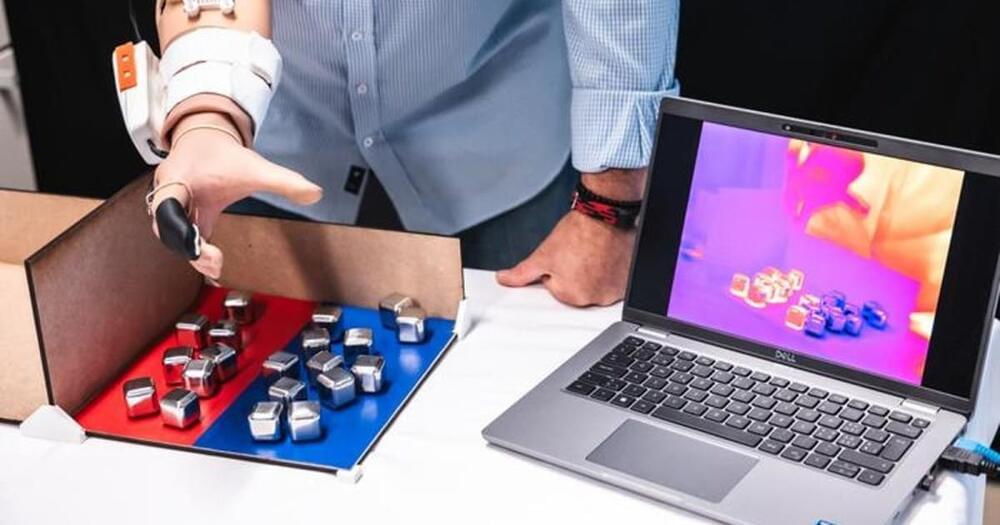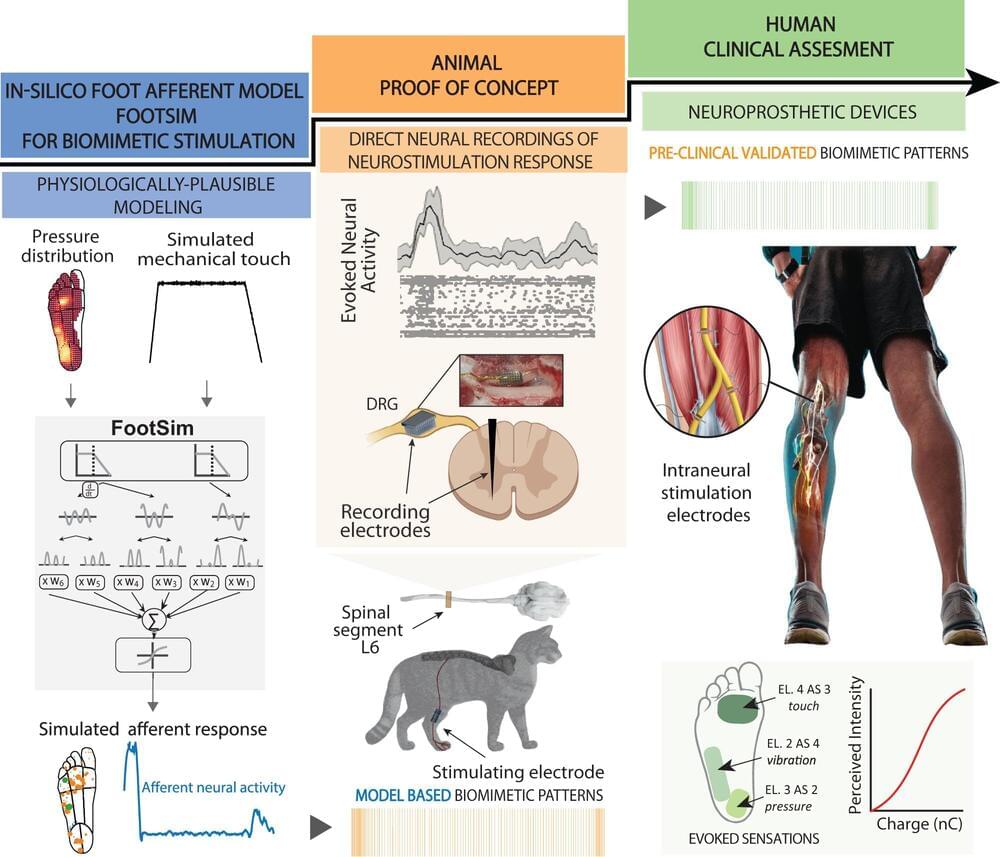There’s a lot to like about brain-computer interfaces, those sci-fi-sounding devices that jack into your skull and turn neural signals into software commands. Experimental BCIs help paralyzed people communicate, use the internet, and move prosthetic limbs. In recent years, the devices have even gone wireless. If mind-reading computers become part of everyday life, we’ll need doctors to install the tiny electrodes and transmitters that make them work. So if you have steady hands and don’t mind a little blood, being a BCI surgeon might be a job for you.
Shahram Majidi, a neurosurgeon at Mount Sinai Hospital in New York, began operating in clinical trials for a BCI called the Stentrode in 2022. (That’s “stent” as in a tube that often sits inside a vein or artery.) Here he talks about a not-too-distant future where he’s performing hundreds of similar procedures a year.
Brain-computer interfaces have been around for a few decades, and there are different kinds of implants now. Some have electrodes attached to your brain with wires sticking out of your head and connecting to a computer. I think that’s great as a proof of concept, but it requires an engineer sitting there and a big computer next to you all the time. You can’t just use it in your bedroom. The beauty of a BCI like the Stentrode, which is what I’ve worked with, is that nothing is sticking out of your brain. The electrodes are in blood vessels next to the brain, and you get there by going through the patient’s jugular. The receiver is underneath the skin in their chest and connected to a device that decodes the brain signals via Bluetooth. I think that’s the future.








